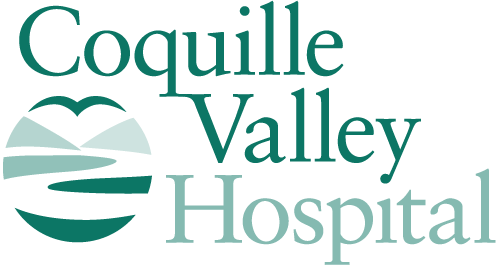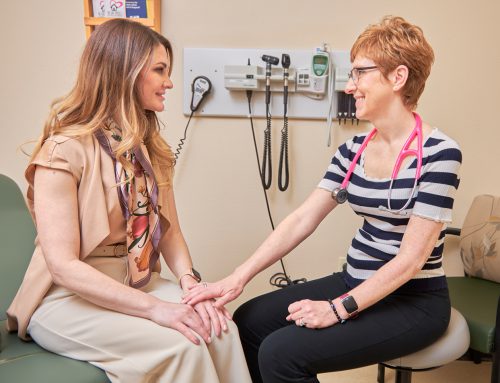Should I Have Genetic Testing For Breast Cancer?
Published October 29, 2024

During Breast Cancer Awareness Month, we often think of the people in our lives who’ve experienced breast cancer first-hand—a friend, a co-worker, a family member. If you’re someone who has a history of breast or ovarian cancer in your family, you might wonder if you have an increased risk of developing cancer.
The average risk of a woman in the United States developing breast cancer is about 13%, according to the American Cancer Society (ACS). About 5% to 10% of breast cancer cases are thought to be hereditary, meaning that they result directly from gene changes (mutations) passed on from a parent.
Most women who get breast cancer do not have a family history of the disease. But women who have close blood relatives with breast cancer have a higher risk.
BRCA1 and BRCA2
The most common cause of hereditary breast cancer is an inherited mutation in the BRCA1 or BRCA2 gene. In normal cells, these genes help make proteins that repair damaged DNA. Mutated versions of these genes can lead to abnormal cell growth, which can lead to cancer.
Those who inherit a BRCA gene mutation have a likelihood of 45% to 85% for developing breast cancer, along with a 10% to 46% chance of ovarian cancer, says the ACS.
Having a first-degree relative (mother, sister or daughter) with breast cancer almost doubles a woman’s risk. Having two first-degree relatives increases a woman’s risk by about three-fold. Women with a father or brother who has had breast cancer also have a higher risk.
Other gene mutations can also lead to inherited breast cancers, but these gene mutations are much less common and most do not increase the risk of breast cancer as much as the BRCA genes. Women diagnosed with certain types of benign (non-cancer) breast conditions may also have a higher risk of breast cancer.
About genetic testing: knowledge is power
Knowing whether you have an inherited genetic mutation will allow you and your healthcare provider to make informed decisions about screening methods and frequency, as well as preventative steps. Genetic testing can help you understand and manage your risk for breast, ovarian and other cancers.
Those who have inherited a BRCA1 or BRCA2 gene mutation have several options for reducing cancer risk. These include enhanced screening, risk-reducing surgery (sometimes referred to as prophylactic or preventive surgery), and taking medication to reduce the risk, says the ACS and the National Cancer Institute.
Subscribe to our monthly emails for Your Well-Being! Get health and wellness tips, hospital news, staff spotlights, career opportunities, our cafe menu and more, sent right to your inbox!
DISCLAIMER: No content on this website, regardless of date, should be used as a substitute for direct medical advice from your primary care provider.




